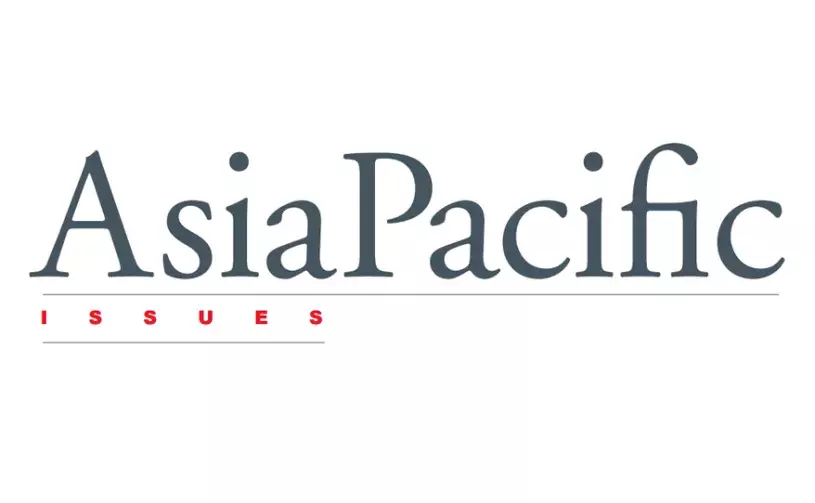Error message

As demand from global markets declines, slowing exports of manufactured goods from the People's Republic of China means the country must increasingly rely on domestic markets for growth. Unlike manufactured goods, services—those "intangible" products that include everything from transportation to scientific research to real estate services—are geared more toward domestic markets. Services, then, will be key to the rebalancing process. However, while the service sector has grown rapidly in the PRC, it continues to lag behind other countries at similar stages of development. In addition, the sector is dominated by traditional low-end types of services, rather than knowledge-intensive services. Heavy regulatory burdens, barriers to trade in services, and an unfavorable policy environment have been major obstacles to upgrading the sector and improving its competitiveness. Policy reform should focus on strengthening competition to raise productivity, with the goal of increasing not only the number of jobs and contribution to GDP, but also of positioning the service sector to compete internationally and spur export growth.
The views expressed in this publication are those of the authors and not necessarily those of the Center.
As demand from global markets declines, slowing exports of manufactured goods from the People's Republic of China means the country must increasingly rely on domestic markets for growth. Unlike manufactured goods, services—those "intangible" products that include everything from transportation to scientific research to real estate services—are geared more toward domestic markets. Services, then, will be key to the rebalancing process. However, while the service sector has grown rapidly in the PRC, it continues to lag behind other countries at similar stages of development. In addition, the sector is dominated by traditional low-end types of services, rather than knowledge-intensive services. Heavy regulatory burdens, barriers to trade in services, and an unfavorable policy environment have been major obstacles to upgrading the sector and improving its competitiveness. Policy reform should focus on strengthening competition to raise productivity, with the goal of increasing not only the number of jobs and contribution to GDP, but also of positioning the service sector to compete internationally and spur export growth.
The views expressed in this publication are those of the authors and not necessarily those of the Center.







